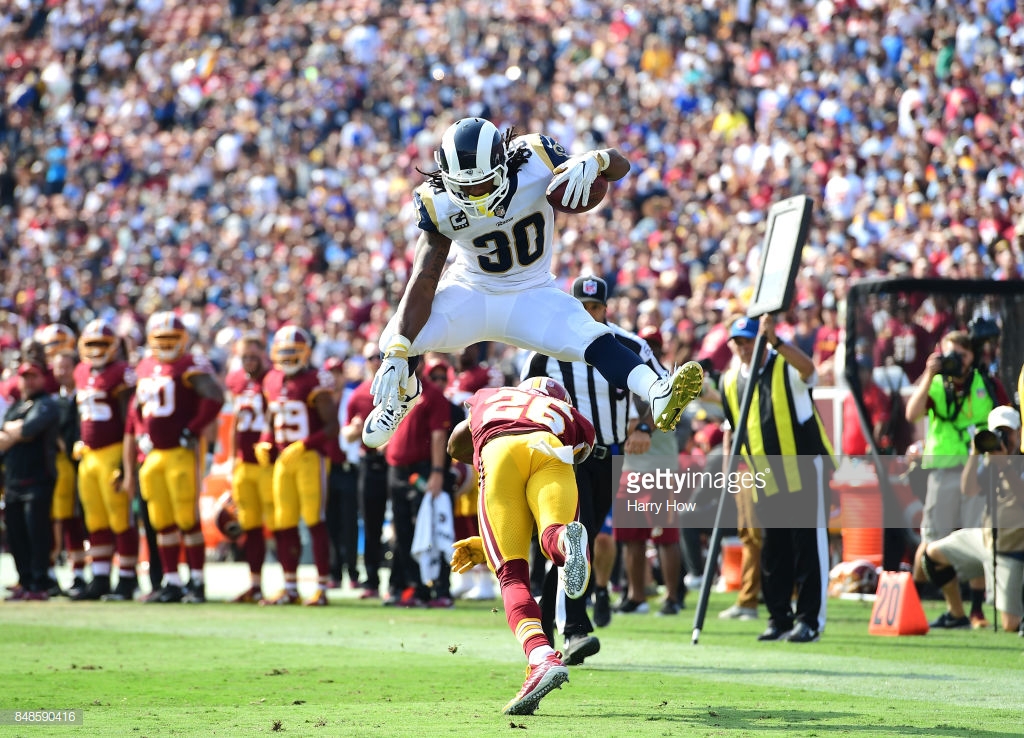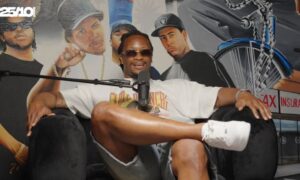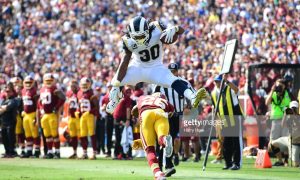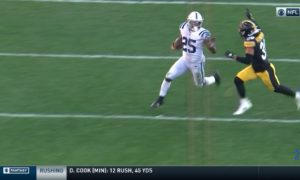It wasn’t so long ago that many people—and I absolutely was right in the middle of it—were talking about the resurrection of the running back market, which had plummeted for most of the past decade in the wake of big-money deals for the likes of Chris Johnson and Adrian Peterson.
The game had moved past the old-school running back, it was thought, but the new class of players who were dynamic athletics that were capable of contributing at a high level in the passing game would change that. The Le’Veon Bells, Todd Gurleys, Ezekiel Elliotts, Saquon Barkleys. They would be the ones to cash in and to show what a legitimate star running back in this era is worth.
Some of them did cash in. Gurley was the first to sign a big deal. David Johnson also got a big deal, albeit over shorter teams. Bell’s franchise tags really initiated it before he got his payday with the New York Jets, including his coveted guarantees.
Yesterday, Gurley was released. Earlier in the offseason, Johnson was traded. There were already reports that Bell was being shopped by midseason, but the reality is they’re on the hook for him pretty good through 2020. Perhaps he can be moved in 2021.
As for Elliott, he is one year into a mammoth six-year, $90 million contract extension that runs through 2026. The earliest that the Dallas Cowboys can get out of his deal without incurring a negative balance for doing so would be 2022. His salaries through 2020 are guaranteed, and he has rolling guarantees through 2022.
One of the most striking facts I’ve seen recently was one shared by ESPN in the wake of Gurley’s release by the Los Angeles Chargers. Of the 22 running backs who were selected in his 2015 NFL Draft class, none of them remain with their original team.
That list includes, among others, David Johnson, Duke Johnson, Tevin Coleman, Jay Ajayi, and Melvin Gordon. Some may have gone on to sign significant deals, even with their original team, but all in all, the teams who signed them to those deals found in time that they would rather move on.
Now, it is the case that teams frequently find they want to get out of the contracts they agree to with players no matter the position, but it does seem to be more common for running backs. In hindsight, I’m certain the Pittsburgh Steelers would have regretted if Bell had agreed to either of the long-term deals they had proposed.
The ‘shelf life’ of the running back is part of the argument, sure, but it also has to do with teams realizing that they can often get what they need out of the running game, in a passing league, through lesser backs with much cheaper price tags, or even a platoon of backs.
Barkley is the next running back in line for a big payday, after Derrick Henry, who got the franchise tag this year, and Christian McCaffery, who completed a very rare 1000-1000 season. I’m not sure Leonard Fournette is in this conversation anymore.
When we look back four or five years from now, where will Elliott be? What about Henry? Fournette? McCaffery? Even Bell? Will the running back market have once again imploded by then?








